Bath gull population data 'out of date' say campaigners
- Published
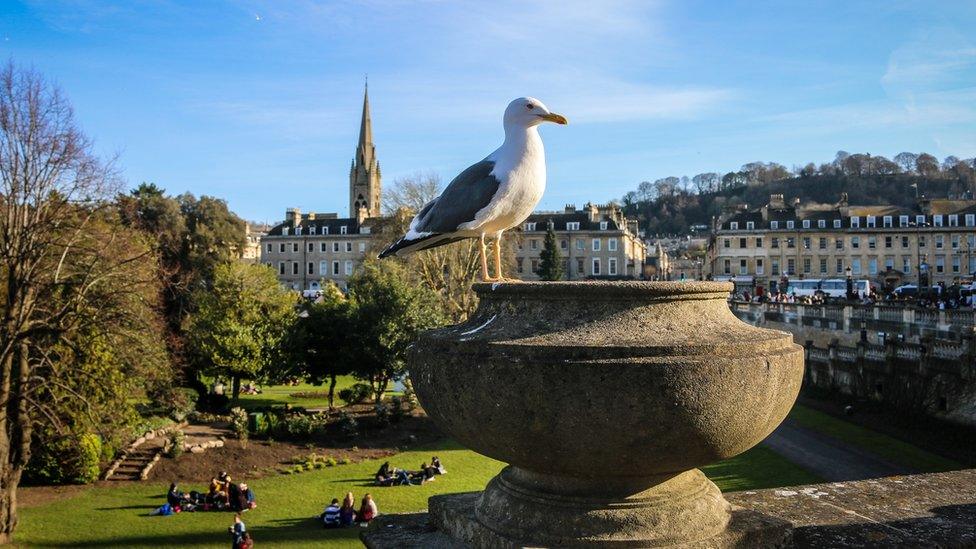
Natural England said populations of herring gulls and lesser black-backed gulls had "declined significantly"
People who say their lives are made a misery by gulls say government restrictions on controlling them are based on inaccurate data.
Some residents in Bath say they are blighted by the noisy birds.
New rules were introduced last year, making it harder for local authorities to get licences to control numbers.
Natural England said the gull population was in decline. However, there are claims the data is out of date and does not apply to urban areas.
Marian Spain, the chief executive of Natural England, which gives out control licences, said: "Populations of herring gulls and lesser black-backed gulls have declined significantly in recent years to the extent that they are now both considered at risk.
"It's essential that we do all we can to reverse this worrying trend."
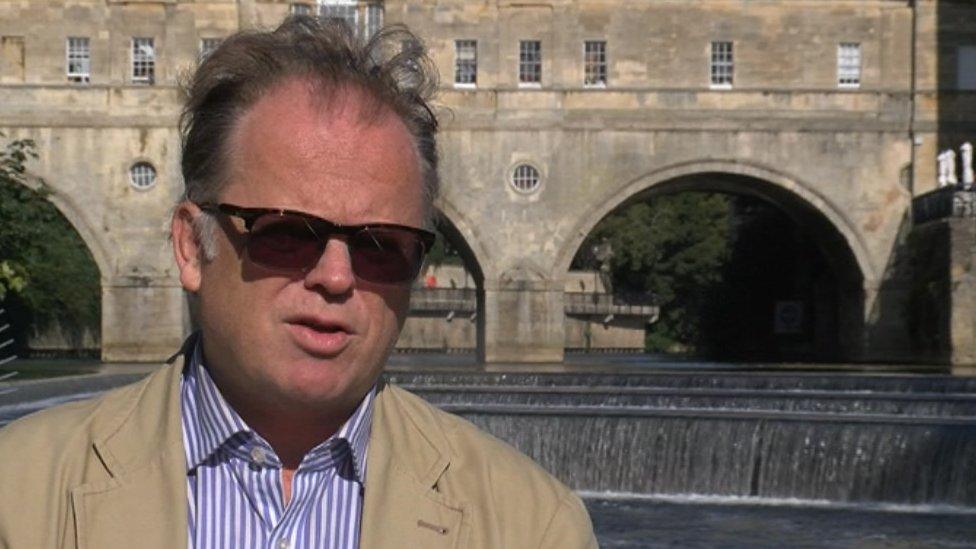
Tim Newark said people "dare not go out in their gardens"
Tim Newark, who has been campaigning on the issue for the past three years, said people living in the centre of the city "dare not go out in their gardens", and get woken up "at five o'clock in the morning every day" due to the "constant noise and constant swooping" of the gulls.
"It doesn't make living in Bath much fun."
He said figures given by Natural England for the size of the gull population "used poor, out-of-date data, based purely on coastal populations of gulls".
"We know, since this survey was done in 2000, external, the population of gulls in towns has boomed."
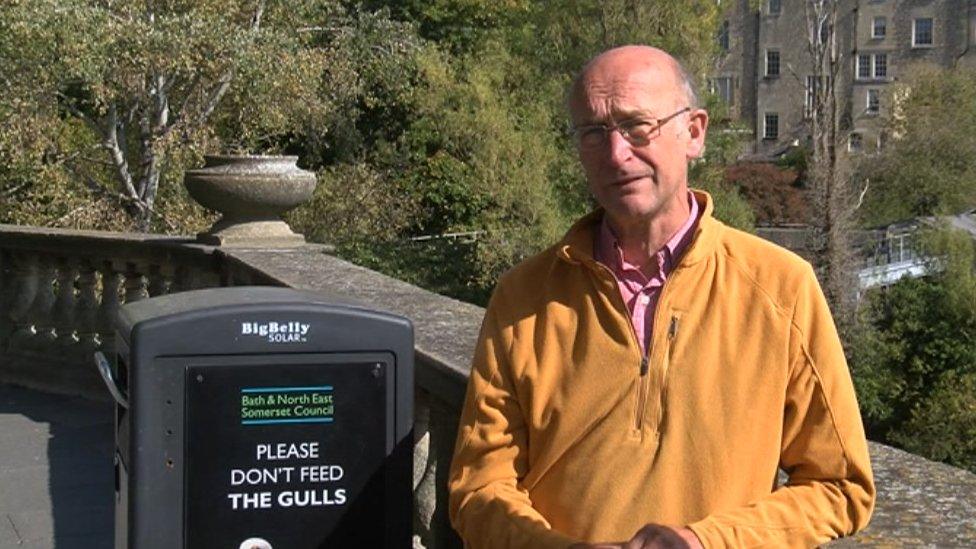
Councillor Paul Crossley said the new rules were "frustrating"
Paul Crossley, from Bath and North East Somerset (Banes) Council, said the new rules were "frustrating" and will "increase bureaucracy".
He said the changes meant the authority will now have to wait to see where a nest is being built before action can be taken, and contracts to control numbers no longer cover the whole city centre.
"It's going to make it very difficult for us next year."
A Defra spokesperson said the "approach to control urban gulls" would be reviewed in the autumn, using "results of a survey undertaken this year to assess whether growth in urban populations of gulls balances rural declines".
- Published14 October 2013
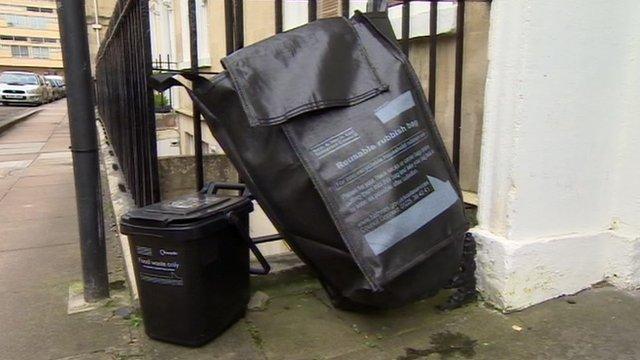
- Published16 July 2013
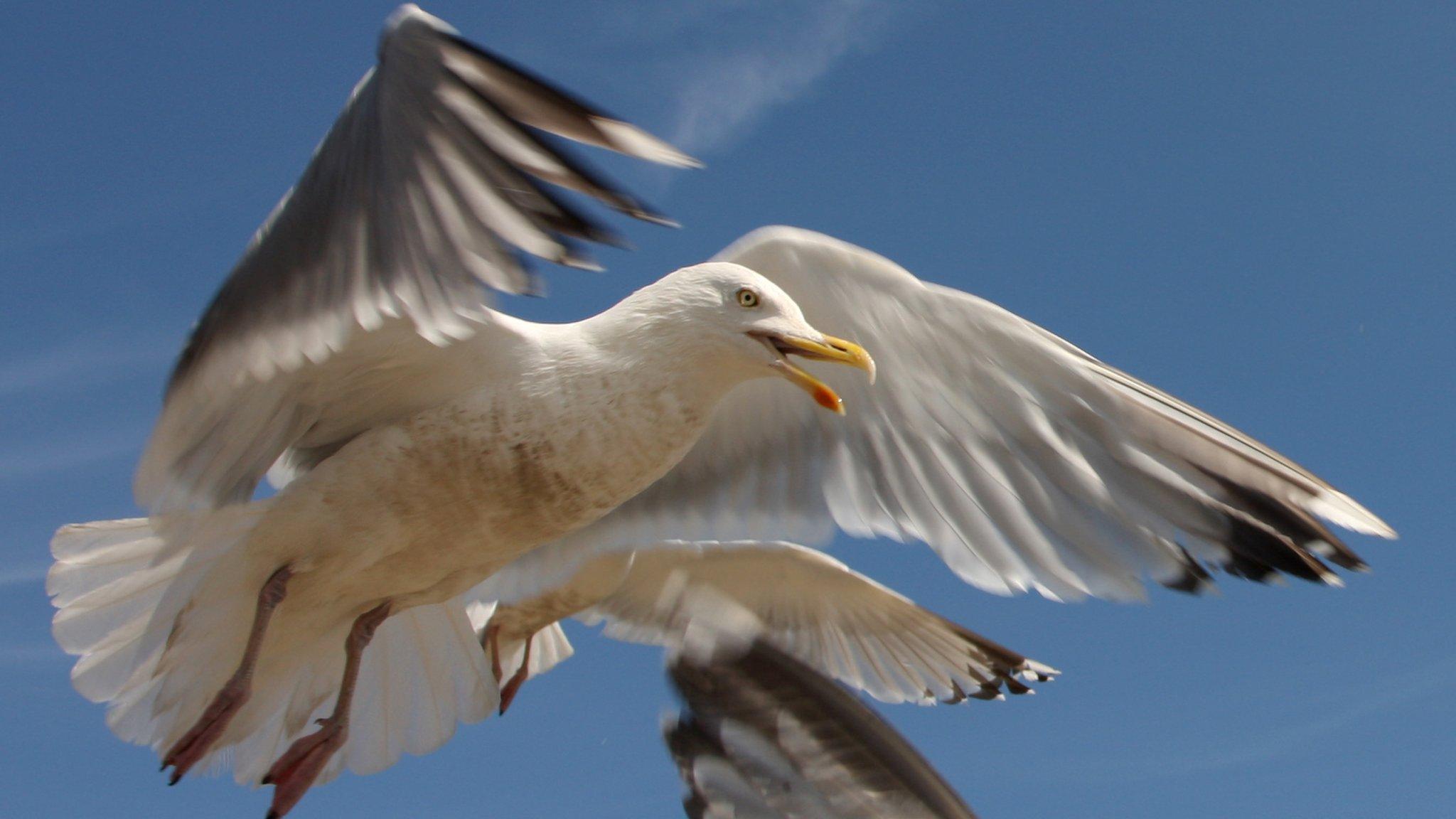
- Published18 June 2013
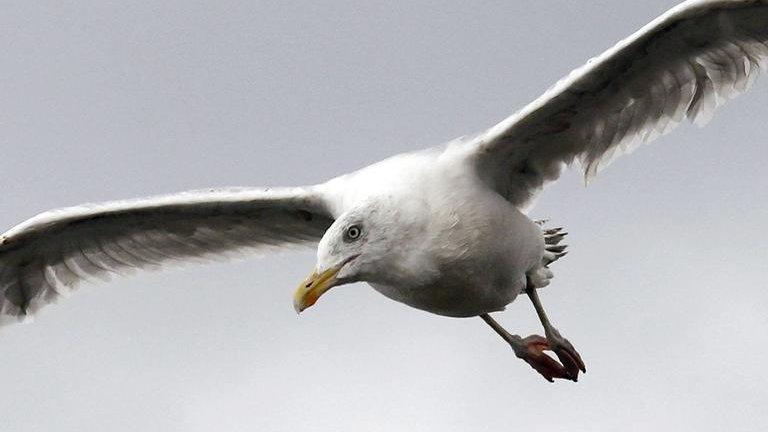
- Published25 March 2013
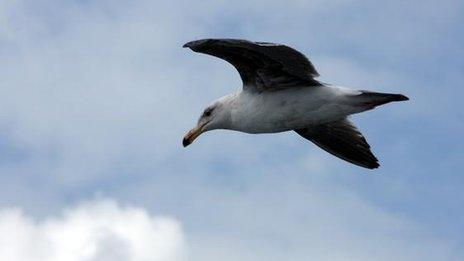
- Published15 January 2013
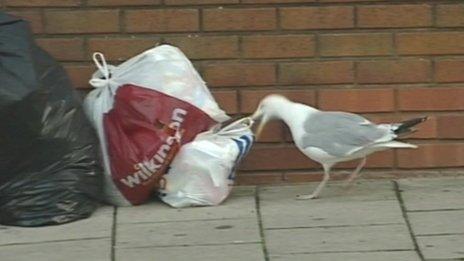
- Published5 December 2012
